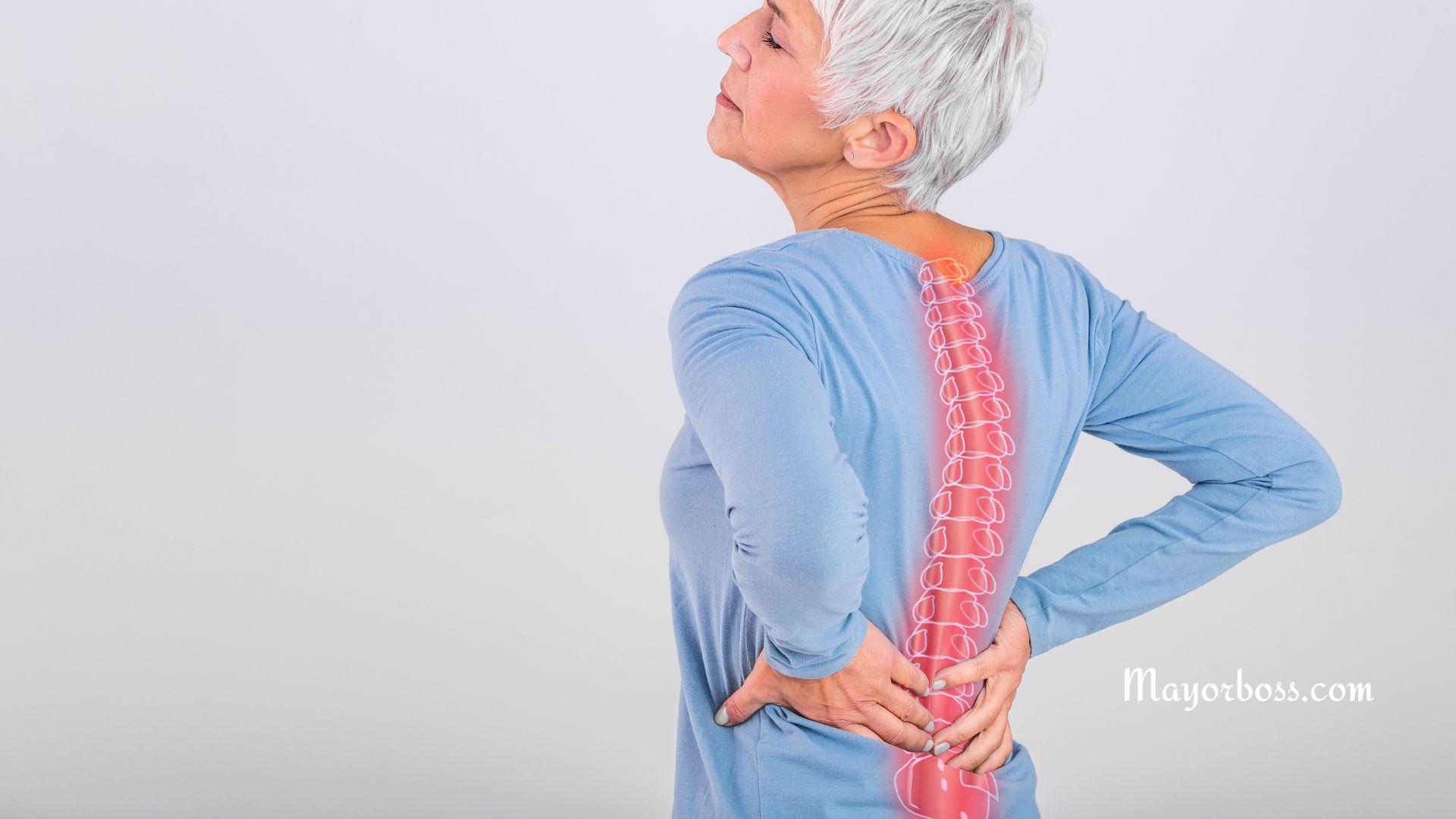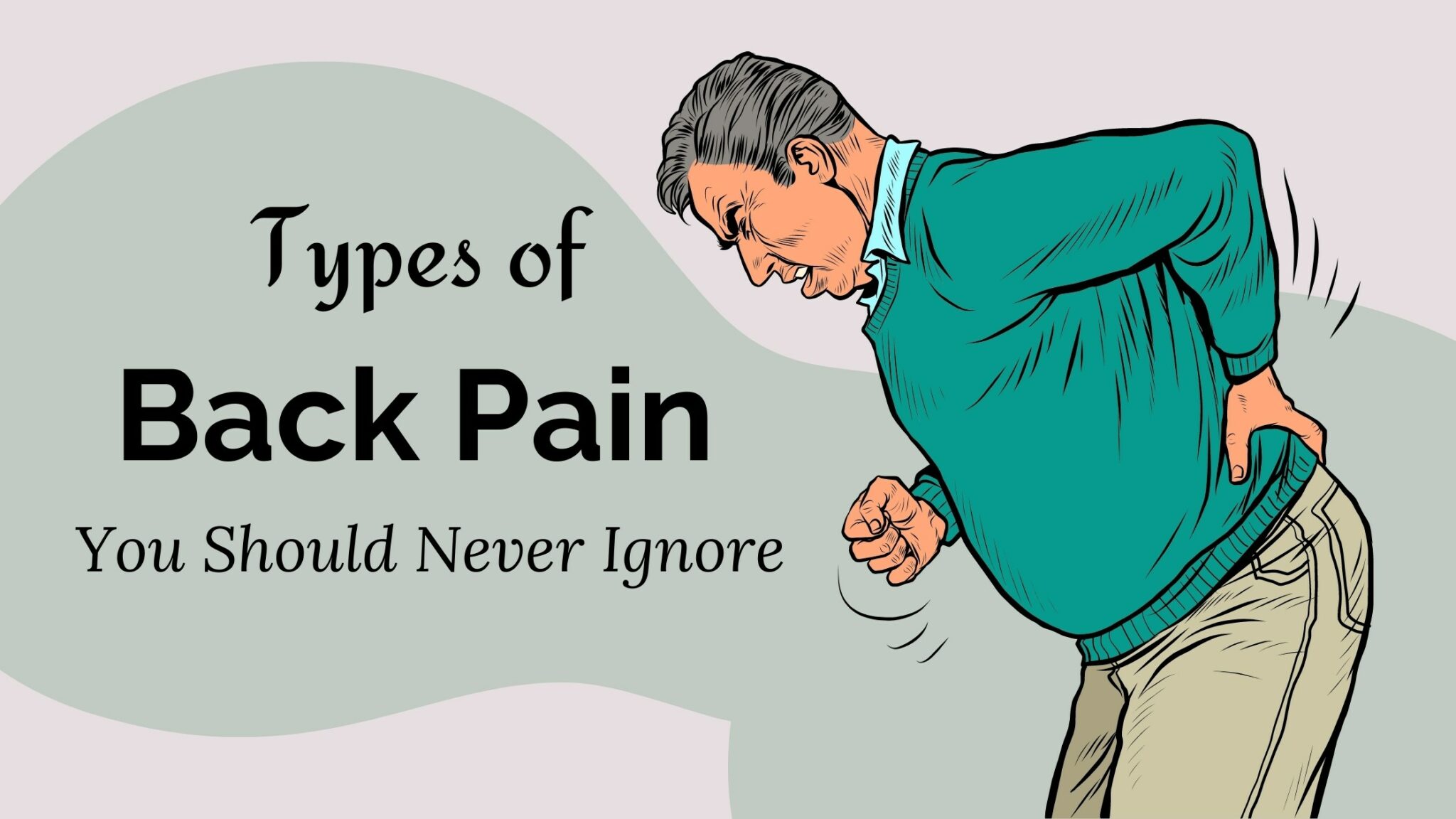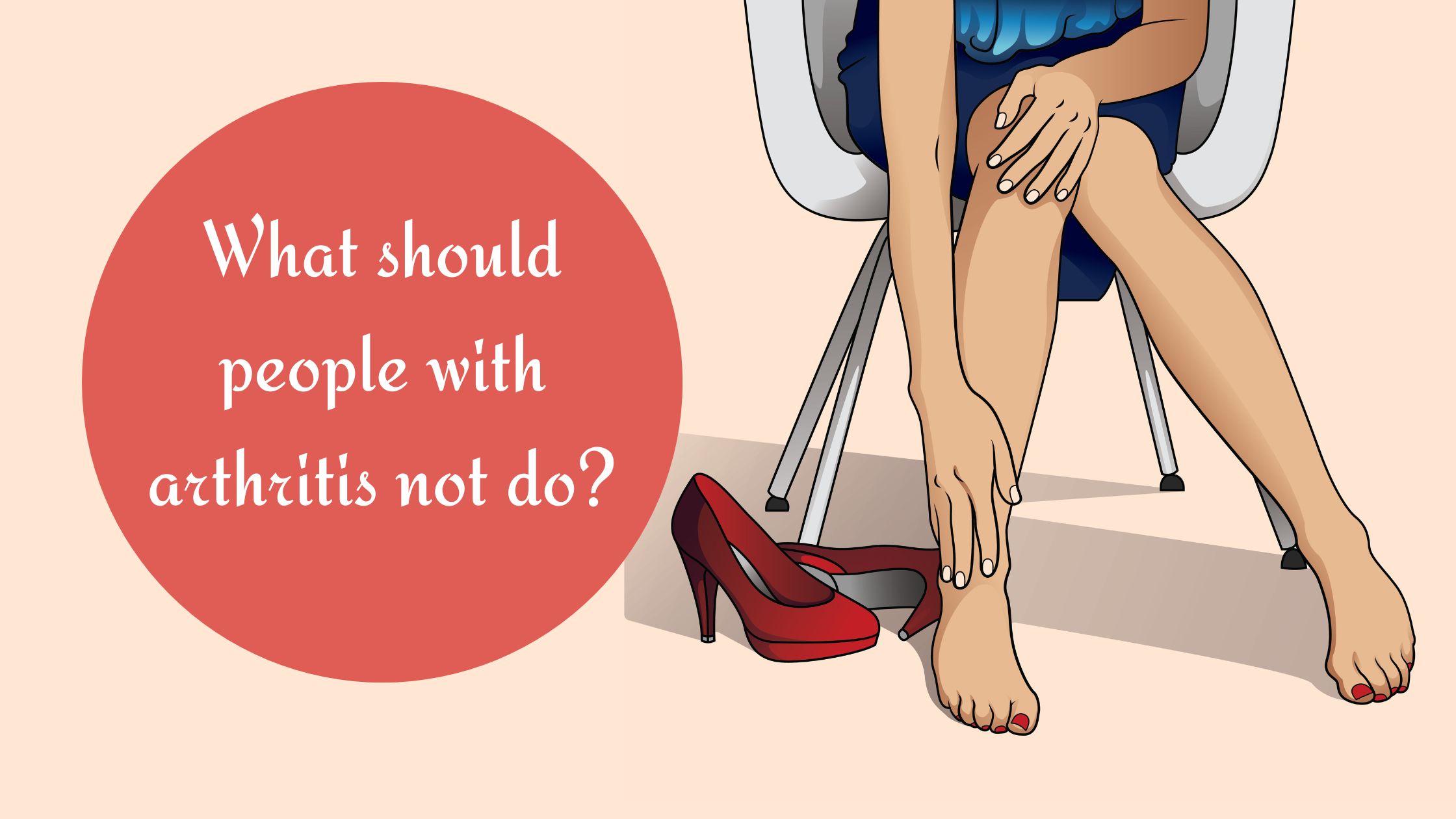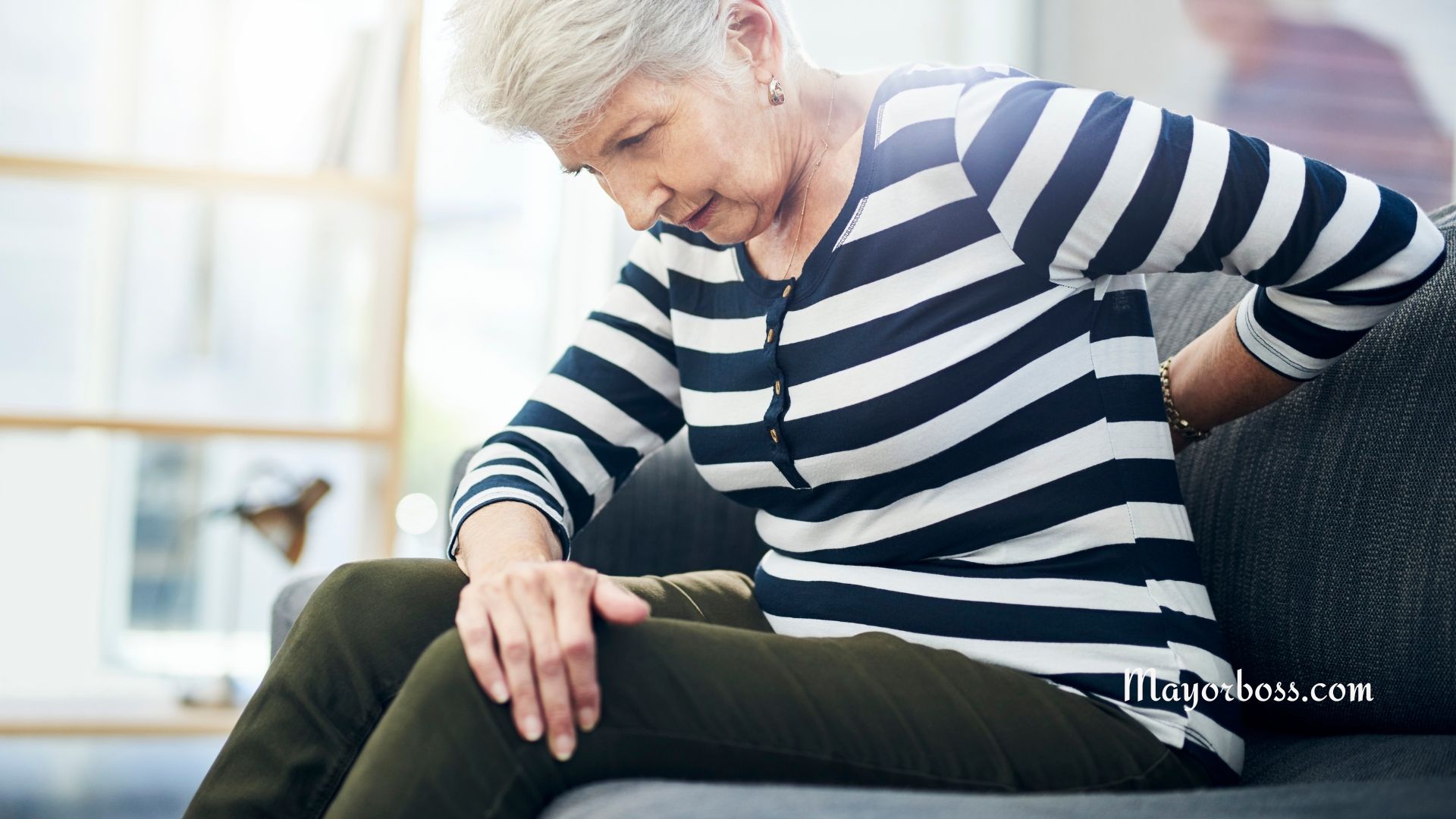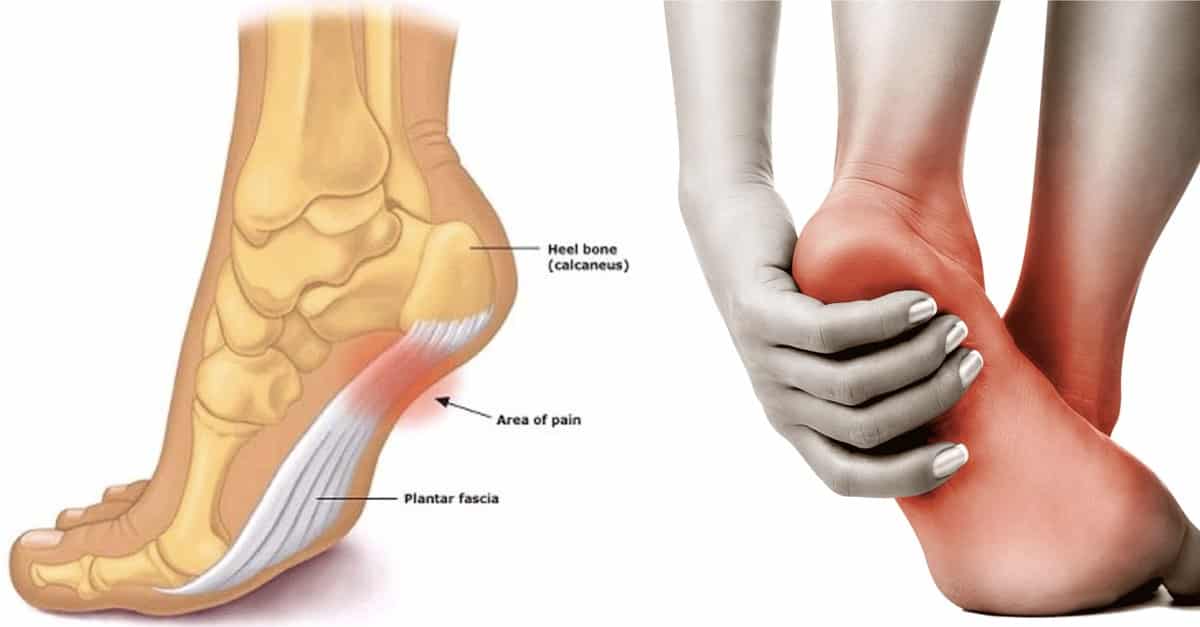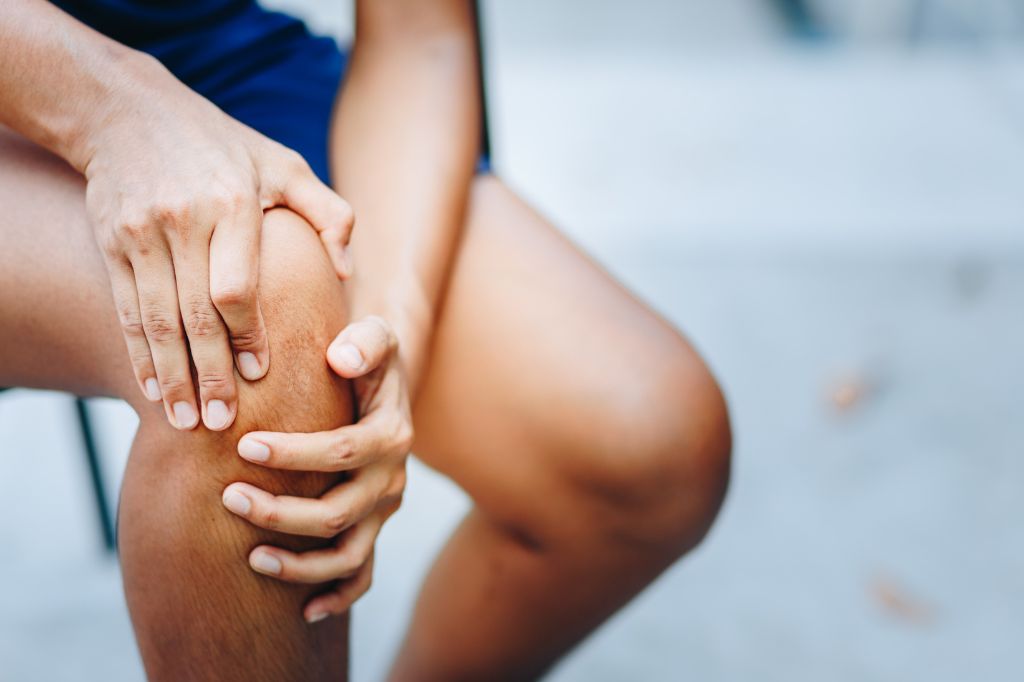What Causes Joint Pain?
Do you want to know what causes joint pain? Joint pain is often the result of inflammation, wear and tear, or injury. It can be triggered by a variety of factors, including arthritis, gout, and infections. It’s not just an issue for older adults; even young people can experience joint pain due to sports injuries or overuse.

Joint pain can be acute, occurring suddenly, or chronic, lasting for an extended period. This article will walk you through the various reasons you might be experiencing joint pain, covering everything from temporary discomfort to conditions that might require medical attention.
Common Ailments That Trigger Joint Pain
Arthritis
When you hear about joint pain, arthritis often comes to mind. Arthritis is actually a broad term that includes more than 100 different conditions. Two of the most common types are osteoarthritis and rheumatoid arthritis.
Osteoarthritis
Osteoarthritis occurs as the protective cartilage that cushions your bones wears down. Generally, it develops over the years and can affect various joints. If you’re experiencing persistent pain, swelling, or stiffness, osteoarthritis could be the cause.
Rheumatoid Arthritis
In contrast, rheumatoid arthritis is an autoimmune disorder. Your immune system mistakenly attacks the lining of your joints, causing inflammation and pain. Symptoms often include warm, swollen, or tender joints.
Gout
Another reason for joint pain could be gout, a type of inflammatory arthritis. It usually affects the big toe but can impact other joints, too. You’ll know it’s gout if the pain is intense and comes on suddenly, often at night.
Sprains and Strains
Sometimes, your joint pain might just be from a sprain or strain. These injuries are common during physical activities. While sprains affect ligaments, strains target muscles and tendons. Rest and ice packs usually help with the healing process.
Lifestyle Factors and Joint Pain
Weight Gain
If you’ve gained some extra pounds, you might notice your joints aching. Extra weight puts additional pressure on your knees, hips, and back. To relieve the pain, losing weight through a balanced diet and regular exercise can make a significant difference.
Lack of Physical Activity
Ironically, not moving enough can also contribute to joint pain. Physical activity helps to keep your joints flexible. If you’re inactive, your joints can become stiff and painful.
Poor Posture
Bad posture can also play a role. Slouching puts stress on your joints, particularly in the neck, back, and hips. Therefore, maintaining good posture can help alleviate discomfort.
Medical Conditions and Other Causes
Infections
Occasionally, bacteria can invade the joint, leading to inflammation and pain. Conditions like Lyme disease or a staph infection could be responsible. Immediate medical treatment is essential in these cases.
Hormonal Imbalances
In women, fluctuating hormone levels during menstruation or pregnancy can affect joints. Hormones like relaxin can loosen ligaments, which might cause temporary joint pain.
Medication Side Effects
Certain medications like statins, used for lowering cholesterol, can have joint pain as a side effect. If you suspect medication is the issue, consult your healthcare provider for alternatives.
Tips for Managing Joint Pain at Home
There are several exercises and home remedies that can help you manage joint pain effectively. Here are some ideas:
Exercises for Joint Pain Relief
Regular exercise can help improve joint flexibility, reduce stiffness, and alleviate pain. Some examples of exercises that can be done at home include:
- Range-of-motion exercises, such as wrist circles or ankle rolls
- Strengthening exercises, like wall push-ups or seated leg raises
- Low-impact aerobic activities, such as walking, swimming, or cycling
Over-the-counter products for Joint Pain Relief
Over-the-counter pain relievers, like ibuprofen, naproxen, and acetaminophen, can provide temporary relief from joint pain. Topical creams containing capsaicin or menthol can also help alleviate joint pain when applied directly to the affected area.
However, it’s essential to follow the recommended dosages and consult your healthcare provider before using any over-the-counter products.
Home Remedies for Joint Pain
Several home remedies can help ease joint pain and discomfort, including:
- Applying heat or cold packs to the affected joint for 15-20 minutes several times a day
- Soaking in a warm bath or using a heating pad to relax muscles and reduce stiffness
- Practicing relaxation techniques, such as deep breathing, meditation, or yoga
- Maintaining a healthy weight decreases stress on your joints
- Eating a well-balanced diet rich in anti-inflammatory foods, such as fish, nuts, fruits, leafy greens, and whole grains
- Getting enough sleep allows your body to repair and regenerate tissues
- Limiting alcohol and caffeine consumption, as they can exacerbate joint pain
When to Seek Medical Help
If your joint pain persists for more than a few days, or if it’s accompanied by other symptoms like fever or unexplained weight loss, it’s wise to consult a healthcare professional or Orthopedics for a proper diagnosis and treatment.

